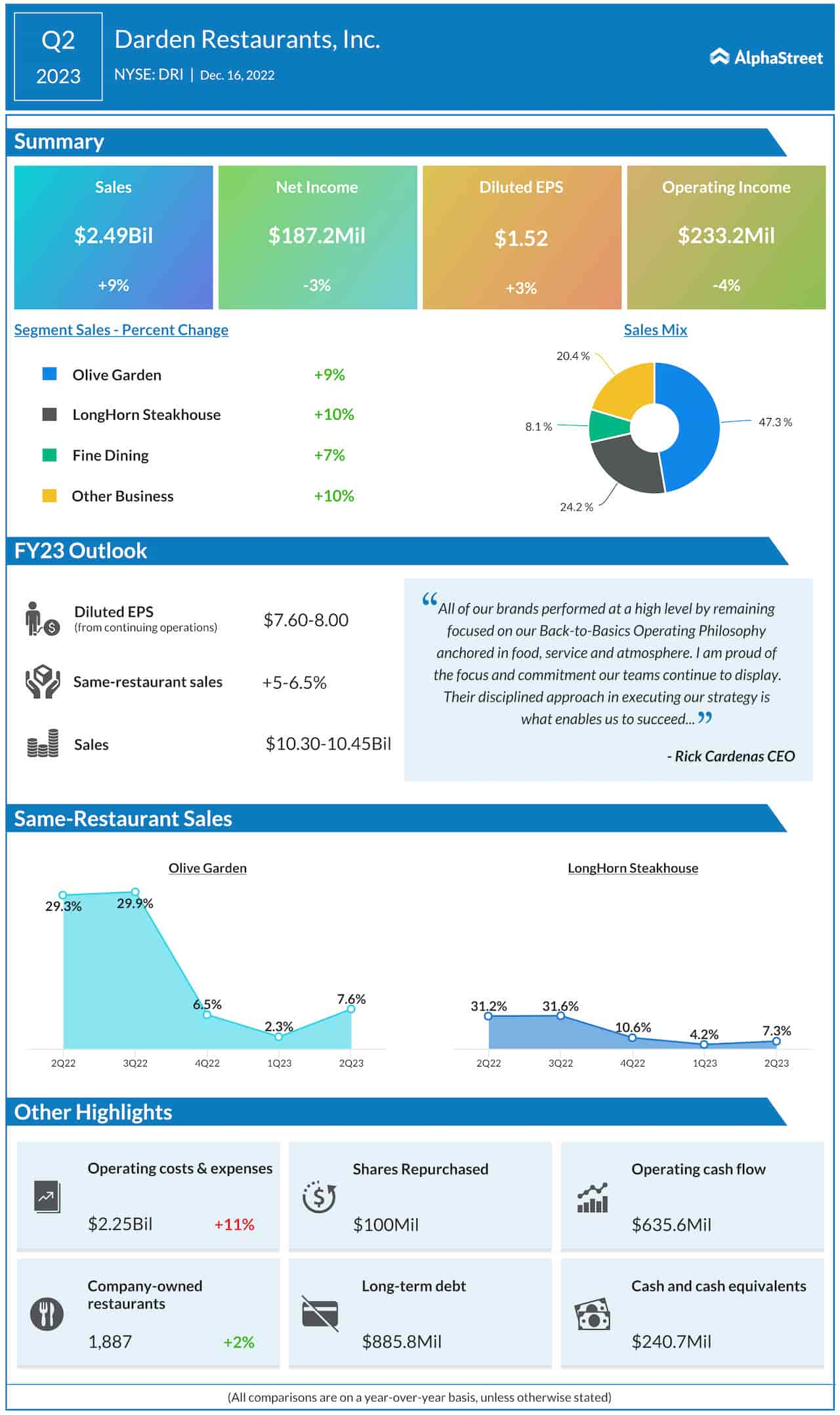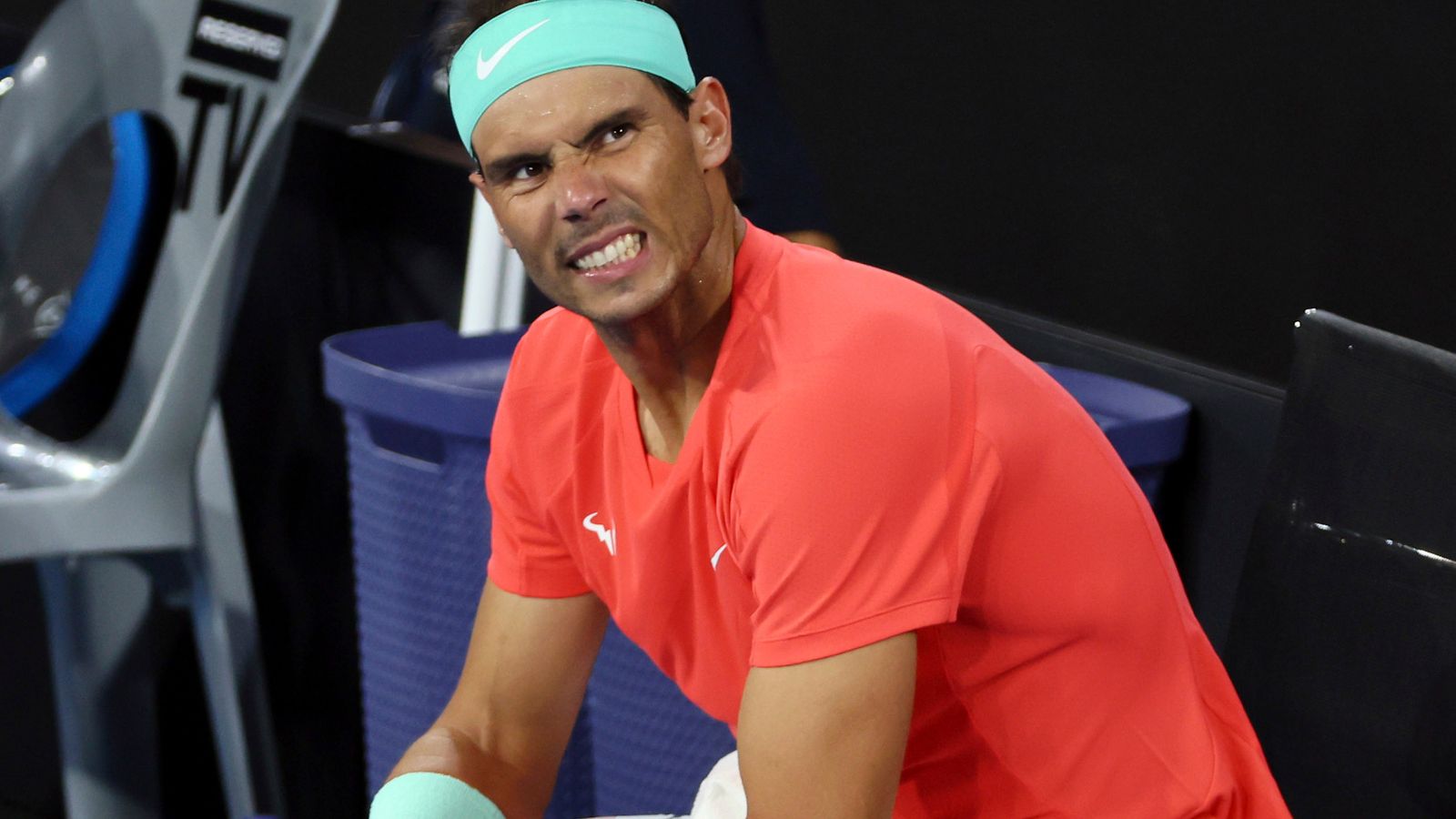Updated on December 16th, 2022 by Nate Parsh
Whether a company should pay a dividend depends on many factors. Thousands of publicly-traded companies pay dividends to shareholders, and some have maintained long histories of raising their dividends yearly.
Companies don’t decide to begin paying a dividend in a vacuum. There are many issues to be considered before returning capital to shareholders with a dividend. Still, many companies pay dividends to shareholders; some have even managed to pay and increase dividends for decades.
For example, the Dividend Aristocrats are a select group of 65 stocks in the S&P 500 that have raised their dividends for 25+ years in a row.
You can download an Excel spreadsheet of all 65 (with metrics that matter, such as price-to-earnings ratios and dividend yields) by clicking the link below:
On the other hand, other companies don’t pay a dividend right now and might not for a very long time (or ever). Companies that are still in the early growth phase of their development often choose to reinvest excess capital back into their business instead of returning it to shareholders. After all, every dollar paid out in dividends is one less dollar available to grow the business.
Netflix (NFLX) is an excellent example of this, as the company doesn’t currently pay a dividend and hasn’t since it went public in May of 2002. This doesn’t mean that investors should always avoid non-dividend-paying stocks.
Related: Dividend stocks versus growth stocks.
Many tech stocks have initiated dividend payments over the past decade as they have matured and now generate strong profits. Investors could be wondering if Netflix will ever pay a dividend.
Business Overview
With more than 223 million members spread out over nearly 200 countries, Netflix is a media giant. While Netflix does offer a wide variety of second-run television programming and movies, the company also produces its own original content.
The company began with humble beginnings by mailing out DVDs to subscribers. Recently, its focus has shifted to streaming services over the internet. Subscribers have access to Netflix’s library of TV series, documentaries, and feature films across nearly every genre imaginable.
In addition, the company has spent heavily on creating its own content, which was critical to Netflix’s success at growing its subscriber base by a high rate. The company also holds the leading share of total U.S. TV time.
In the fall of 2022, Netflix users posted 221.47 billion minutes of viewing, the tops in the U.S. The company accounted for 7.6% of video viewing, which is 2.6x times that of Amazon and 1.4x that of Disney+ Hulu, and Hulu Live. In other countries, such as the U.K., Netflix holds an even larger share of video viewing.
This resulted in massive revenue growth over the years. Netflix’s annual revenue more than tripled from 2016 to2021, reaching $29.7 billion last year. Membership growth has decelerated somewhat in recent years, but that changed during the most recent quarter.
Source: Q3 Earnings Presentation
In the third quarter, global streaming paid memberships increased 4.5% to just over 223 million while global streaming paid net additions totaled 2.4 million. The company expects to add even more users, as much as 4.5 million, in the fourth quarter of 2022 due to popular original programming. The addition of a lower price ad-supported streaming option is expected to have more of a material impact next year.
Earnings per share grew from $0.43 in 2016, to $11.24 in 2021. The majority of Netflix’s peers are relatively new to streaming and are still building out their platforms. As a result, heavy spending is expected as the industry tries to catch up to Netflix, which has resulted in most of the competition not yet being profitable. Netflix, on the other hand, is profitable as the company generates between $5 and $6 billion of annual profits.
Given this growth, investors might think that the company would consider paying a dividend to shareholders, but Netflix has not paid a dividend to date. Part of this explanation is that the company is still not consistently profitable as it could be. Consensus estimates for 2022 are for earnings of $10.29 per share for Netflix, representing an earnings yield of 3.3%.
In other words, if Netflix were to distribute virtually all of its annual earnings-per-share, it would generate a 3.3% dividend yield, which of course, it would not do because that would deprive the company of cash to invest in growth and debt repayment. Content costs are high, which is a big part of why Netflix does not pay dividends.
Reasons For Paying A Dividend
Many companies pay dividends as they are an important part of their capital allocation programs. Some companies, such as Dividend Aristocrats like Coca-Cola (KO) and Johnson & Johnson (JNJ), have increased their dividends for several consecutive decades. In fact, both Coca-Cola and J&J are members of the exclusive Dividend Kings list.
Even companies that have been historically reluctant to pay dividends have begun to do so in recent years. This is particularly true among technology companies, which used to spend heavily to grow their businesses but now have started to use dividends as a way to return capital to shareholders. Companies like Apple (AAPL) and Cisco Systems (CSCO) have initiated dividends in the last decade because their shareholder bases demanded a dividend, and their business models generated consistent free cash flow.
It is very understandable why these investors would want companies to pay dividends. As stock prices fall in a market downturn, dividends provide a cushion against paper losses. They also allow investors who reinvest dividends to purchase more shares at lower prices, thus increasing their overall dividend income. When markets rise again, dividends only add to shareholder returns.
Dividends are also a valuable source of income for retirees. Dividends can help retired investors replace the income they lost when they have stopped working. Life’s expenses continue even when people no longer receive a paycheck from their employer. For this reason, dividends can be a very important component of a retirement planning strategy.
However, growth companies like Netflix differ from time-tested dividend stocks like Coca-Cola and Johnson & Johnson because they still need to spend vast amounts of capital on content to grow. This is a necessary expense if Netflix plans to not just maintain but grow its subscriber base in the future.
The company has to compete with rivals in the entertainment industry like Amazon (AMZN), YouTube, Hulu, Warner Bros. Discovery, and The Walt Disney Company (DIS), making it likely that spending rates will only rise from here. Because of this, Netflix may never pay a dividend to shareholders.
Will Netflix Ever Pay A Dividend?
While there are certainly good reasons for paying a dividend, there remain valid reasons for not doing so. Paying a dividend requires the cash flow needed to cover payments. Companies that don’t offer consistent free cash flow, like Netflix, would struggle to find the cash to return to shareholders on a quarterly basis.
Earnings per share are expected to exceed $10 in 2022. While the company technically could pay a dividend based on this, Netflix continues to use its cash flow on growth initiatives to increase its pool of subscribers.
Because of this, Netflix has failed to generate positive free cash flow growth on a consistent basis. The company expects to be free cash flow positive this year and beyond, which is an improvement as it usually is typical for Netflix to post negative free cash flow.
Using large amounts of capital also means that Netflix has to access debt markets in order to keep spending. This has impacted the company’s balance sheet, offering another obstacle to a future dividend payment. Netflix ended the most recent quarter with $14 billion of long-term debt against $6.1 billion of cash and equivalents.
This interest-bearing debt makes it much more difficult for Netflix to offer shareholders a dividend. Based on all the above, a dividend may not be the right choice for Netflix, given its investment spending and debt repayment remain much higher priorities for management.
Final Thoughts
How a company allocates capital is not set in stone. A capital allocation policy can be changed over time. As a growth business matures, it may decide that paying a dividend is a good use of capital. Once a company reaches consistent profitability, management may decide that a dividend could attract new shareholders and reward existing investors.
It is possible that Netflix could eventually make the same decision that Apple, Cisco, and others did in terms of a dividend, but it is not likely.
For now, Netflix has many competitors, which means it still needs to use every dollar available to continue to create original content. And with a large amount of debt already on the balance sheet, investors shouldn’t expect to receive dividend payments from the company any time soon.
For all these reasons, it remains unlikely that Netflix will pay a dividend in the next several years.
See the articles below for an analysis of whether other stocks that currently don’t pay dividends will one day pay a dividend:
Thanks for reading this article. Please send any feedback, corrections, or questions to [email protected].
















